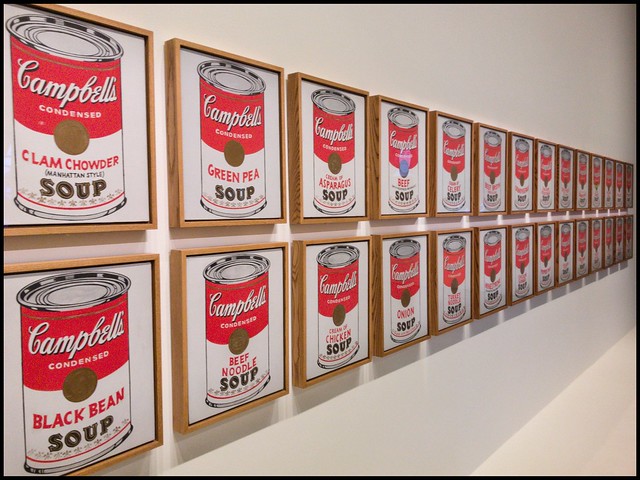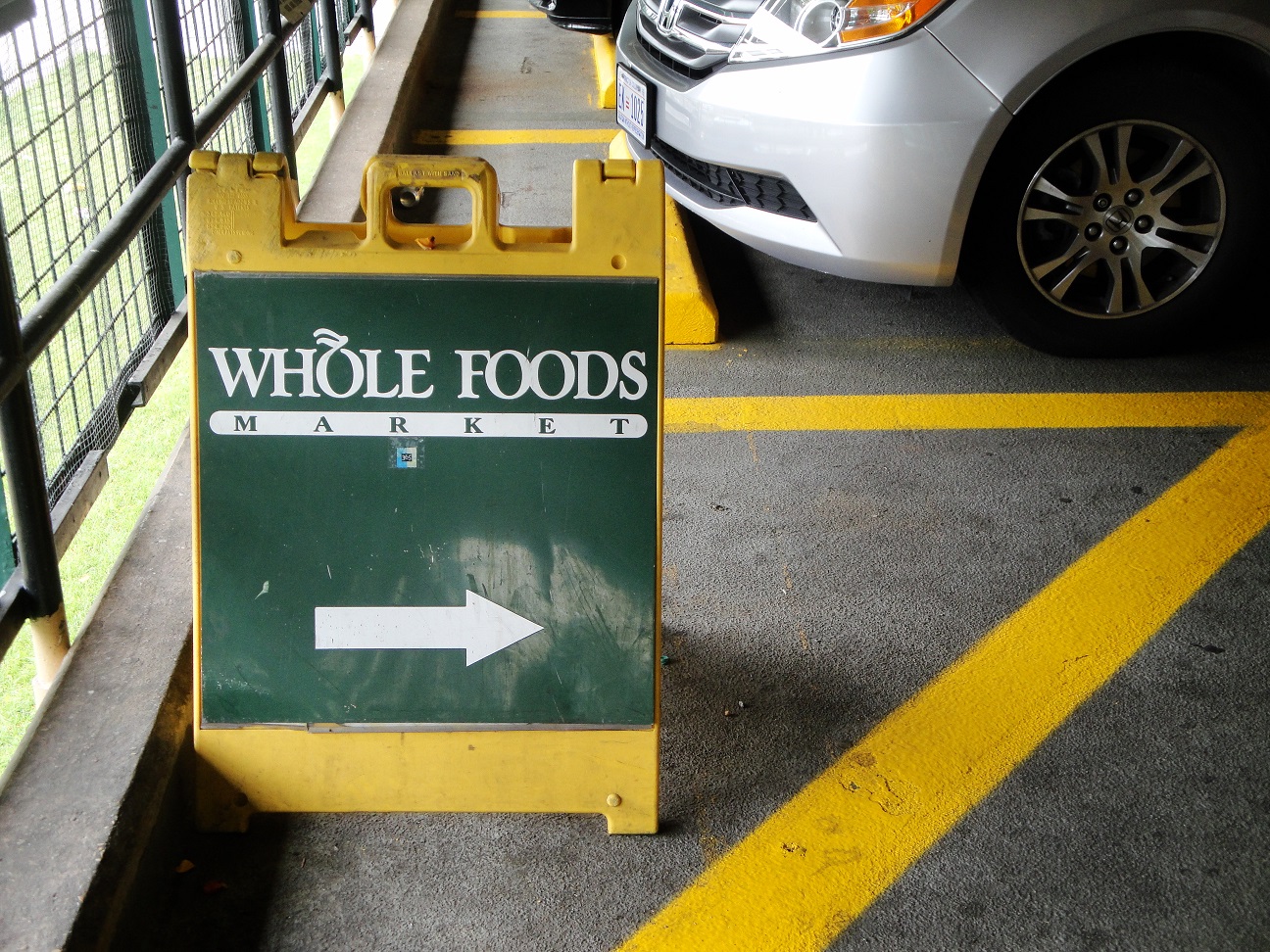A Window into the Can: The Mediated Story of Canned Food Labels

Labels are useful. They offer a shorthand view of what lies beneath. When applied to people, they encapsulate identities, worldviews. When applied to packaged foods, they convey nutritional quality, expiration dates, an origin story. But, as we know, labels can also be harmful. They elide complexity, collapsing what is multifaceted into something flat. Canned foods, as the first packaged foods, have a long history of labels—both useful and, potentially, harmful. When canned foods first came on the scene in the early nineteenth century, there was huge variation in how they were labeled. There was no standardization, and individual canneries put just enough on the containers to indicate what was inside. The development of lithography in the 1880s brought changes. While…



